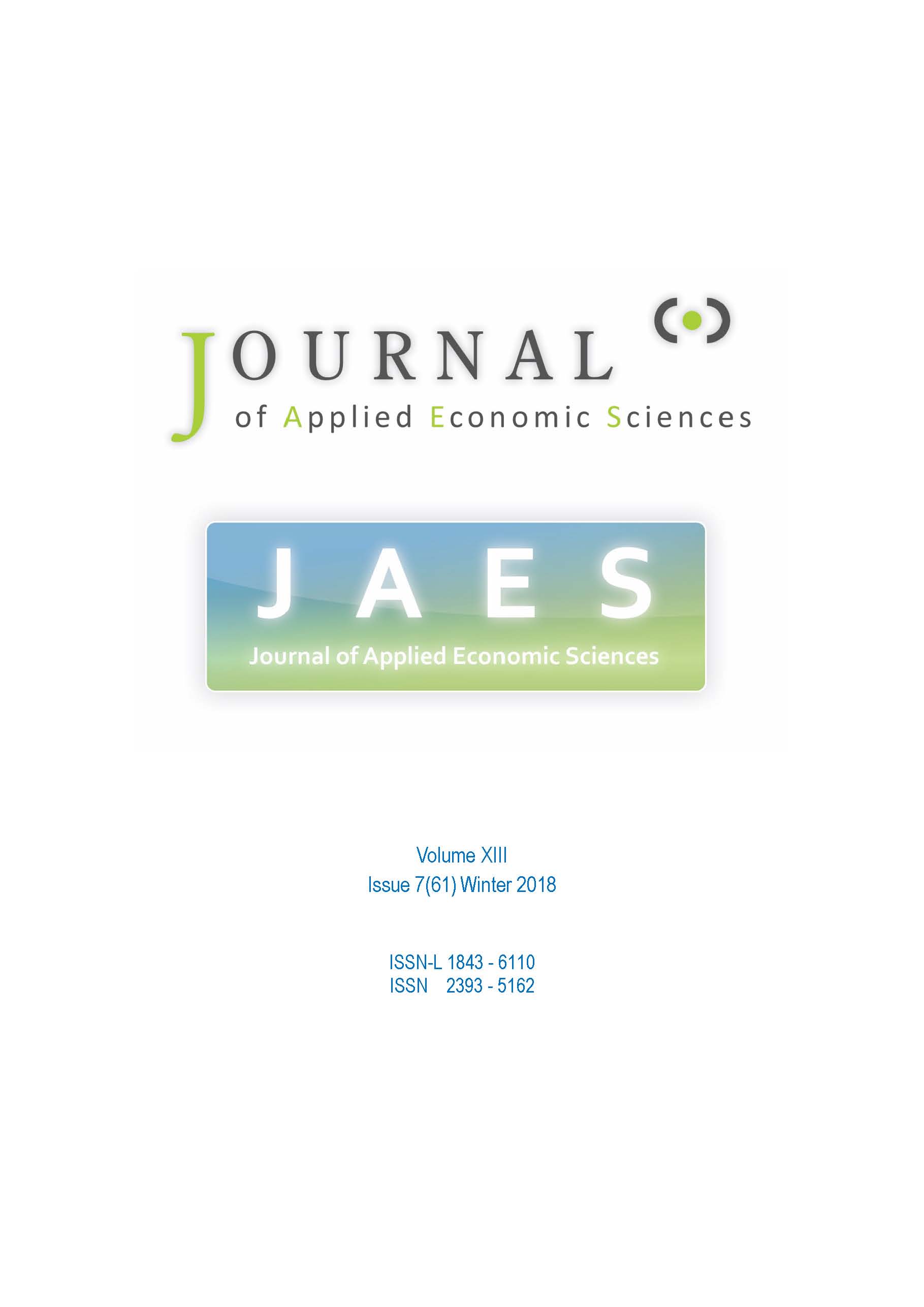Global Supply Chain Imperatives
Global Supply Chain Imperatives
Author(s): Vladimir SCHERBAKOV, Elena SmirnovaSubject(s): Economy, Business Economy / Management, Micro-Economics
Published by: Reprograph
Keywords: global; logistics; processes; global supply chain; interstate logistic space; cross-border supply chain; customs;
Summary/Abstract: Competitive development trends in modern economic paradigm are associated with a switch from competition of economic entities (enterprises, firms) to competition of supply chains. These trends are associated with scaling up and increase in the number of supply chain links, which is dictated by the interest to gain sustainable competitive advantages in commodity markets. The research problems have been solved using general scientific and special methods to research global supply chains, namely: system analysis and typological grouping methods to substantiate the specific composition of international supply chains; methods of structural-functional analysis when designing options for configuring global supply chains with participation of customs clearance agents; model representation methods for cooperative forms of global supply chain participants and coordination of logistical processes with elements of economic analysis of customs operation costs– in justifying competitive logistics solutions. Development of conceptual ideas and methodological approaches to global supply chain management has made it possible to justify expediency of their configuration taking into account the rules of customs administration of logistical processes. The article develops scientific understanding of a global supply chain as an integrated logistic category based on studying internationalization and globalization processes; fundamental provisions of the supply chain management concept have been detailed in the light of globalization. Along with the fundamental provisions, a set of innovative solutions to improve the efficiency of customs administration has been substantiated as part of regulatory, infrastructural, information technology measures generally aimed at improving the customs infrastructure and optimizing logistical processes with elements of managing customs and logistical risks of time and financial losses related to declaration, handling and bonded storage of goods. It is recommended to use the research findings by global companies, commercial brokers and associated businesses established with their involvement, operating in the external economic and customs areas, as well as public administration and logistical process customs regulation bodies.
Journal: Journal of Applied Economic Sciences (JAES)
- Issue Year: XIII/2018
- Issue No: 61
- Page Range: 1889-1901
- Page Count: 13
- Language: English

